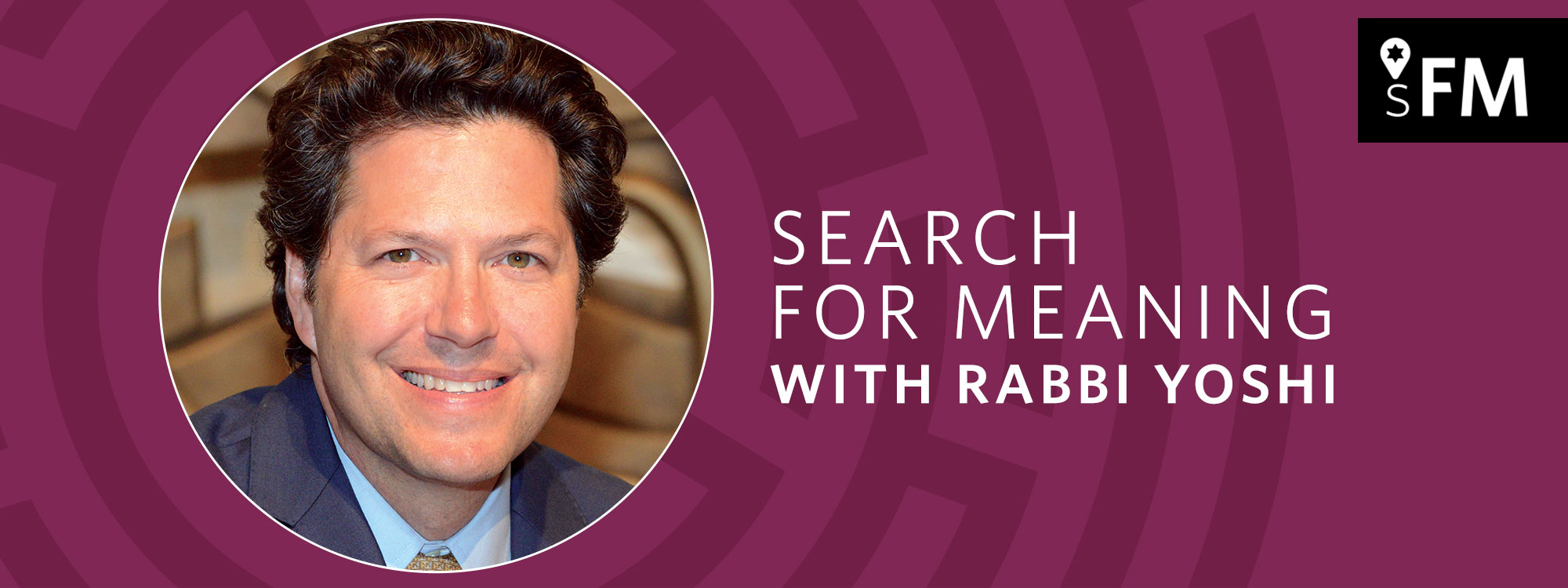Menachem Mendel Borodkin grew up in Crown Heights, Brooklyn. His wife, Rivka, was born in Ukraine. For the past five years, they have worked together in Dnipro in southeastern Ukraine, building Jewish community at Beis Hannah—a Chabad boarding school and seminary for girls—and Camp Yeka, an informal education program for boys.
The Borodkins have a three-year-old daughter and a one-year-old son. Last week, in the face of the Russian invasion, they fled Ukraine. Many of the students at Beis Hannah had already returned to their homes, but there were six girls who couldn’t. The Borodkins offered to take the girls with them to safety in Israel.
Their plan was to travel to Romania where, with the help of the Jewish Agency, they could fly to Tel Aviv. After journeying from Dnipro to Odessa by train, they arrived at the border with Moldova. Two of the girls didn’t have their passports with them; they had left them behind in their hometowns. They managed to get refugee passes that would allow them to enter Moldova, but they had no way of crossing over into Romania. So, the group had to travel to Chișinău, the capital, where there is an Israeli embassy. Many of us know Chișinău by its earlier name: Kishinev.
In 1903 and again in 1905, there were a series of pogroms—state-sponsored anti-Jewish riots—in Kishinev. More than 100 Jews were murdered, dozens of women were raped, synagogues and homes were destroyed, and businesses were looted. Because of the leadership of people like Theodor Herzl (born in Budapest, Hungary), David Ben-Gurion (born in Plonsk, Poland), and Golda Meir (born in Odessa, Ukraine), and countless others, there is now an Israel embassy in Chișinău, a city in which, just a century ago, Jews could be slaughtered at will.
Israeli officials provided the girls with emigration visas so they could cross the border into Romania and catch the El-Al flight to Tel Aviv. They made it to the airport for their Friday afternoon flight to Israel, arriving in time to light Shabbat candles.
Of their harrowing three-day escape from Dnipro to Odessa to Moldova to Chișinău to Israel, Menachem Mendel said, “So many people helped us to get here, from the Jewish Agency to rabbis. We’re trying to keep the girls as happy as possible and so many people are helping.”
This Shabbat, we begin the book of Leviticus, which includes instructions for how our Israelite ancestors were to offer sacrifices to God. Rabbi Jonathan Sacks (z”l), shares a teaching from Rabbi Shneur Zalman of Liadi (which is in Belarus) about this week’s parasha, which begins, “When one of you offers a sacrifice to God…” (Leviticus 1:2). He notices that the order of the Hebrew words in the verse is unusual. As Rabbi Sacks explains, “We would expect to read: adam mikem ki yakriv, ‘when one of you offers a sacrifice.’ Instead, what it says is adam ki yakriv mikem, ‘when one offers a sacrifice of you.’”
This teaches us the essential and eternal lesson: The essence of sacrifice is offering of ourselves.
As we witness the senseless brutality and wanton destruction being inflicted on the Ukrainian people at the hands of Russian forces under the leadership of Vladimir Putin, we have an obligation to help. We have a duty to do our part to make it possible for families like the Borodkins and those they care for to find refuge. As those like Herzl, Ben-Gurion, and Meir before us, we are, in this hour, called to sacrifice on their behalf. If we do so with generosity, compassion, and love, we will—I am certain—be making the offering God desires from us.
Shabbat Shalom,
Rabbi Yoshi Zweiback

